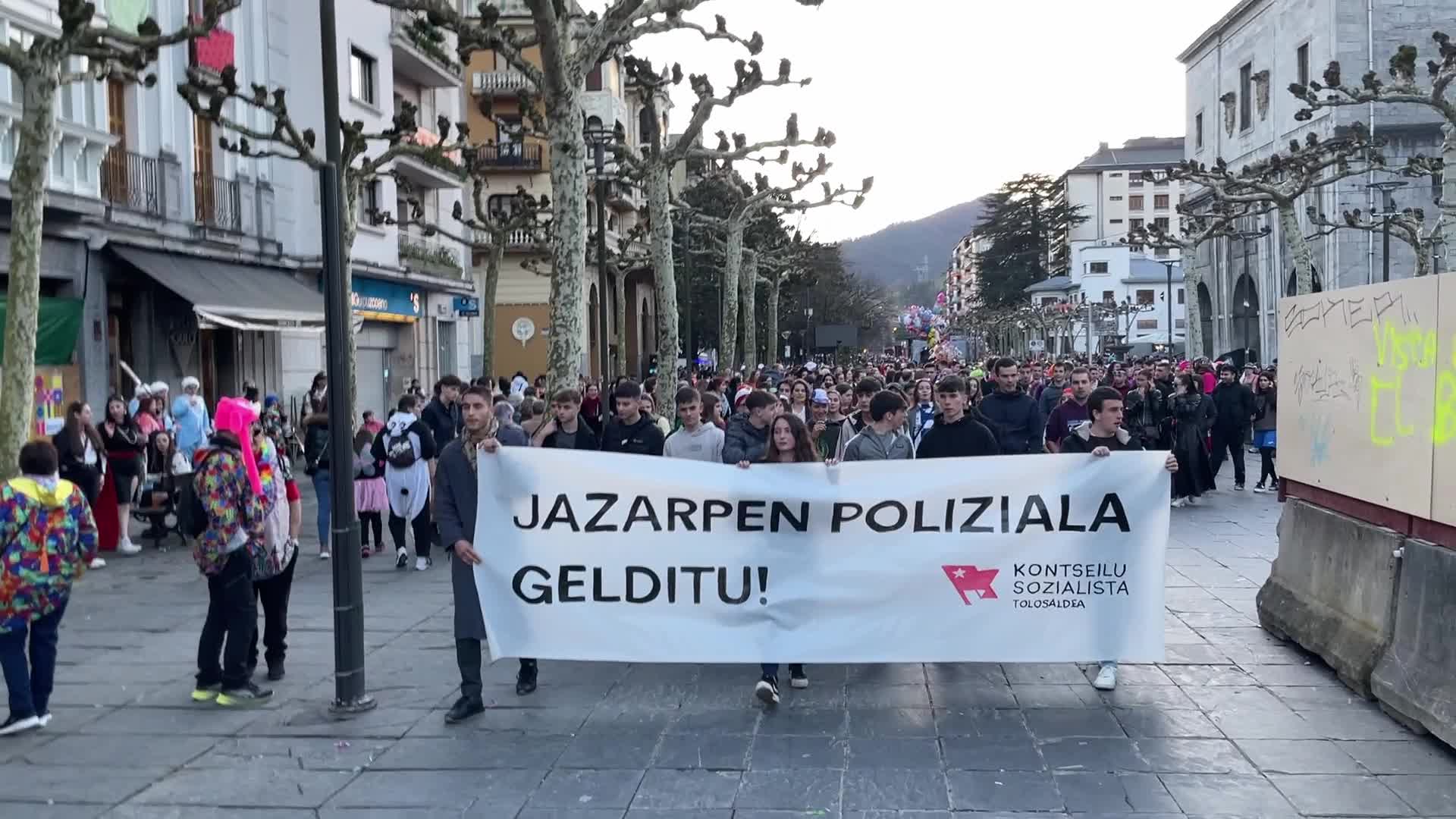Stay halfway
- IXIAR ROZAS:: Or you or I Erein, 2000

The great literary event of the beginning of the century was another, another novel by the same editorial, also written by a woman. But by the way, the reception of Ixiar Rozas' first book was no exception. Critical reception without delay: eight literary criticisms in the four months following publication. Some, because of the impression of who knows, written by the same person, in an improved version ... First with the name Changing Life, if we recover life. If the newspaper library of criticism was a marker, it would be called 5 and 8 in favor of Rozas.
But for this period when we want to take precedence over literature, more than competition, here are: The novel's protagonist is Graziana Barrenetxea, a 58-year-old woman who died in 2008. He is at a crossroads, surely at the most important of his life. She's got a husband, one of those who come home, they lie on the couch and turn on TV. Children out of the nest, just friends, limit social life to market purchases. And then there's the phantom of age, the fastidium of aging. “30 years married, 10 in that neighborhood, 28 since Agustin was born, 24 with Laura, and of them how many were for me,” he will ask. To ask him later, "Can you be dead yourself, without being dead?" ".
A trip until you do it, until you know Anjel, chauffeur, who doesn't have a fixed garage to park the bus. However, it will not be a simple chromium change, but the door to a new life. And doubtful: “How I will give up the life of the last thirty years from one day to another.” Well, as you read the novel, you will guess: life effectively changes the protagonist, more exactly. Just as the story changes, first, second, third, the narrator; just as the narrator changes to the interlocutor, time changes from present to past, from past to present.
And it's true that as a liberating image you use the image of potions, the akelarre, the witches, what you want me to tell you, which looks a little bit lazy. But the message that goes through the book seems much more liberating than the one that passed the literary essay of the beginning of the century. And in that sense, the repetitive critique was right: more than a change of life, what we're told here is the story of a recovery of life, on the path of empowerment that is so fashionable today. The end comes as a surprise. And a sentence that would also serve as epitaph: “I’ve seen that there are many ways to complete the puzzle and that there is no need to complete it, that you can also stay halfway.”
Larunbatean pertsona talde batek Tolosaldeako Kontseilu Sozialistako kide bati eraso egin ziola salatu dute. Azaldu dutenez, "faxistei aurre" egin zien propaganda jartzen ari zirela, eta piperbeltz espraiarekin zipriztindu zuten.
Haurdunaldian diren emazte bakartuentzat, harrera-leku bat proposatuko du La Maison des Sept Vallées elkarteak Donibane Lohizunen. Pariseko bikote jabe pribatu baten gogoan sortu zen xedea. Donibane Lohizunen, 2021ean Iturria izeneko etxea erosi eta, bazter bastizetan... [+]













_2.jpg)









